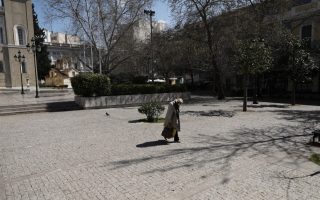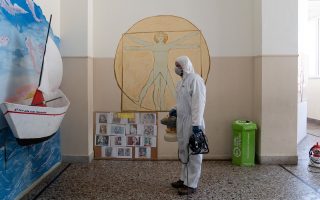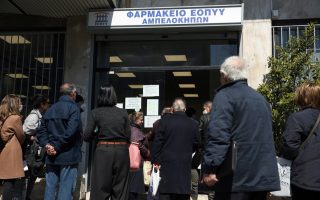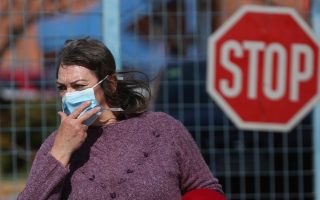Quiet neighborhoods and oppressive idleness
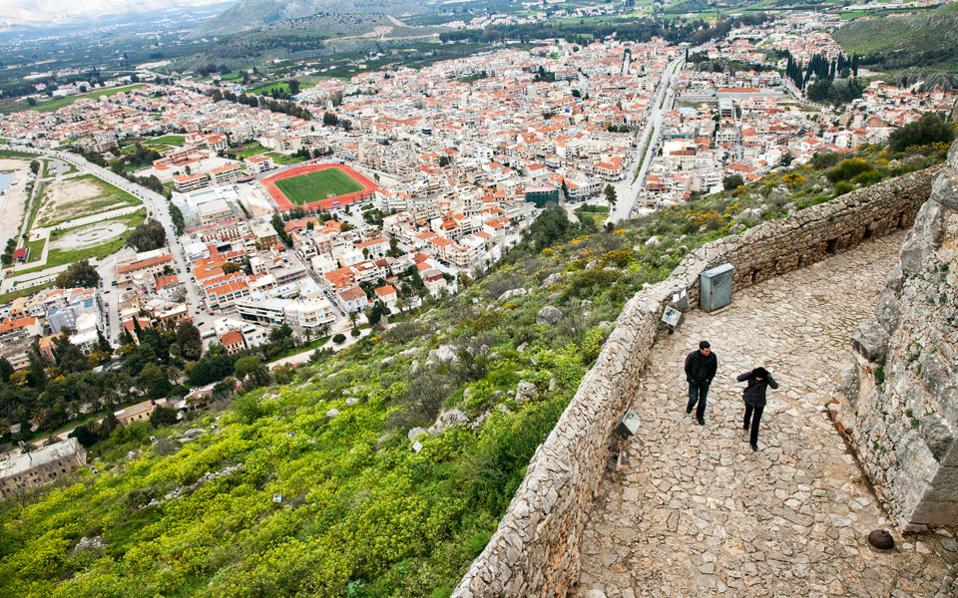
Our suburban neighborhood is quieter than usual. I occasionally hear a ball bouncing as lone youths shoot baskets, and a number of people visited the local beach on Saturday afternoon, but most children are staying indoors, most neighbors seem invisible, and even the dogs are making less noise. I can hear the birds, both from my desk and when walking in olive groves full of wildflowers. Children and parents discuss the latest news about numbers of confirmed Covid-19 cases on the island and debate the wisdom of leaving the house for fresh air and exercise.
Supermarket shelves have generally been well stocked, with piles of bottled water in one aisle, beans, pasta and rice in another, although alcohol and wipes are not always available. Clerks wear gloves at the checkout counters, sometimes spraying the counter with disinfectant. Some of the shoppers stocking up on Saturday were wearing the high-priced masks that had been missing from pharmacies before a recent shipment replenished the stock. At a village bakery, an employee asked a coughing customer to move away from others.
Children were initially delighted by their school holiday. However, as caution separated many from their friends and limited their movements and activities, the idleness became oppressive. On weekdays, the buzz and bang of machinery indicate that home construction and tree pruning continue, but a tour guide and a hotel employee wonder if they will be able to pay their rent. Boredom and uncertainty are common: What next, and for how long?
Writer, editor and website creator Lisa Radinovsky submitted this article from Akrotiri in the regional unit of Hania on Crete.
